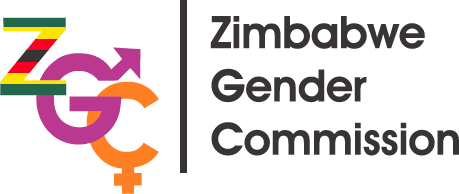Zimbabwe has taken a landmark step toward advancing gender equality with the launch of a comprehensive national framework designed to monitor and drive progress on women’s rights. The initiative — the first of its kind in the country — aims to provide a unified, data-driven approach to assessing gender disparities and guiding policy reforms.
Adopted last week after extensive national consultation, the new system consolidates all gender-related development goals into a single framework. Officials say the goal is to enable more informed, strategic decision-making by providing reliable and consistent data across multiple sectors.
“For years, we’ve faced challenges with fragmented and incomplete gender data,” one senior official noted. “This framework allows us to see the full picture and make evidence-based decisions that genuinely advance gender equity.”
Historically, many government ministries submitted last-minute or incomplete gender reports, making it difficult to track meaningful progress in critical areas such as land ownership, access to education, healthcare, and women’s participation in the economy. The new framework aims to change that by focusing on six core indicators:
Economic resources
Health
Education
Human rights
Political participation
Environmental sustainability
These indicators are aligned with both global and African gender equality standards but are tailored to Zimbabwe’s national context. The Zimbabwe National Statistics Agency (ZIMSTAT) will lead data collection efforts, working in collaboration with sector-specific ministries. A national baseline is expected to be established by August 2025, with the first comprehensive gender equality report set for early 2026.
The initiative is being supported by the United Nations Economic Commission for Africa (UNECA), and a multi-stakeholder oversight committee — comprising government agencies, civil society organizations, and international experts — has been formed to ensure transparency, accountability, and continuous improvement.
With this move, Zimbabwe joins a growing list of African countries investing in systematic, long-term approaches to closing the gender gap. Analysts say such efforts are critical not just for women’s empowerment, but for sustainable national development.
“This isn’t just a gender issue,” said a representative from UNECA. “It’s a governance issue, an economic issue, and a human rights issue. Zimbabwe’s model could serve as a blueprint for other African nations seeking to integrate gender equality into their development agendas.”
As the continent continues to push for inclusive growth and stronger social justice systems, Zimbabwe’s gender equality overhaul could mark a pivotal moment in reshaping how African countries measure — and achieve — true gender parity.

